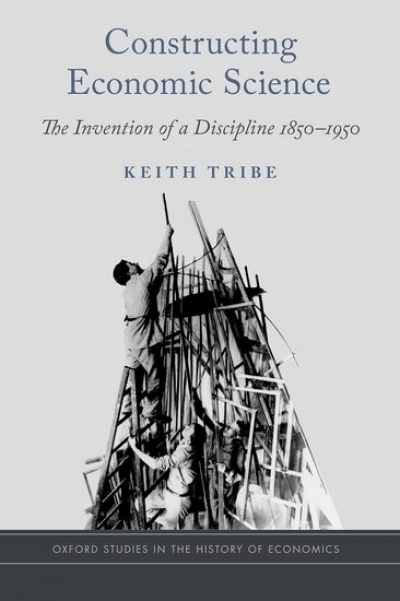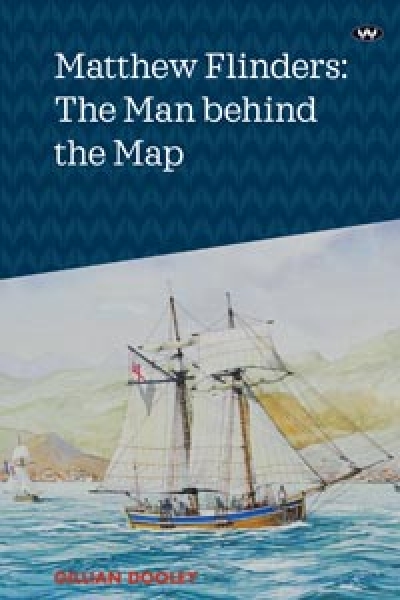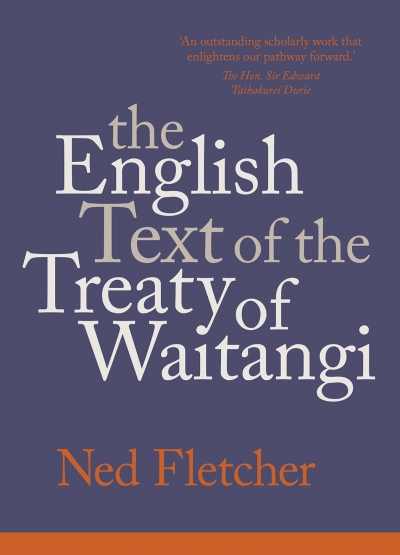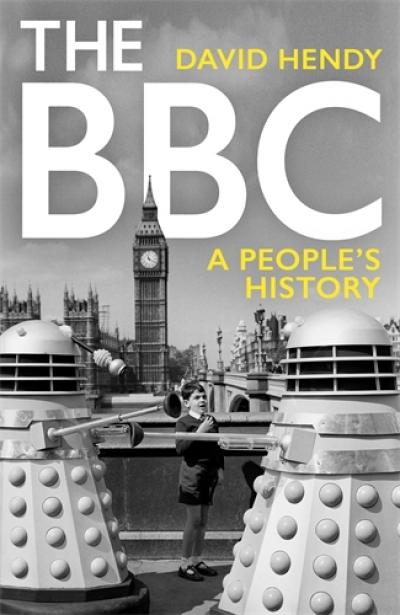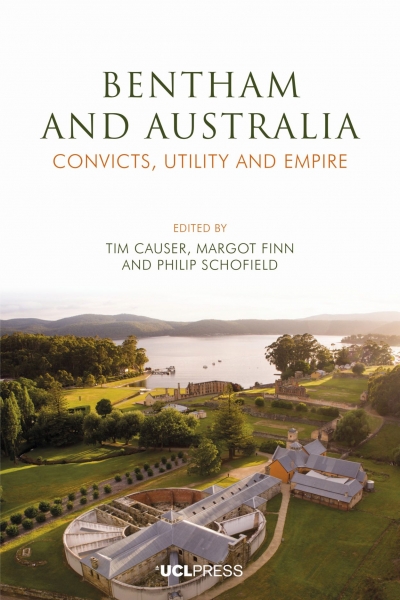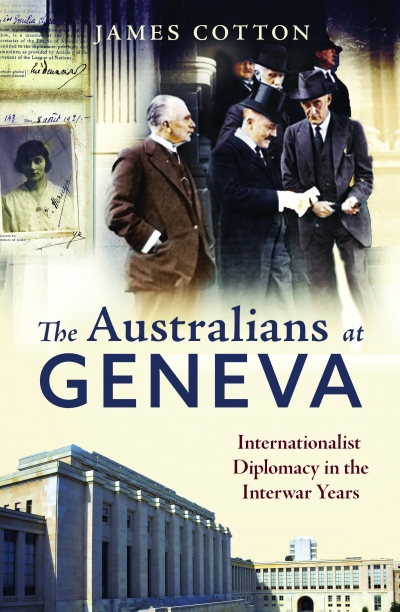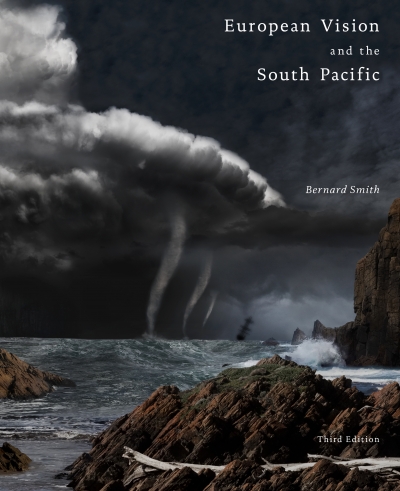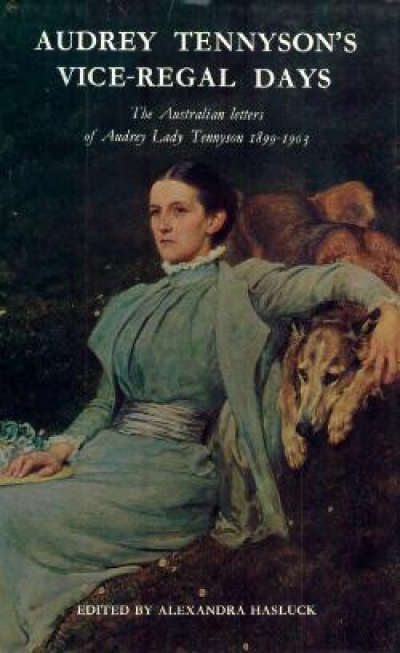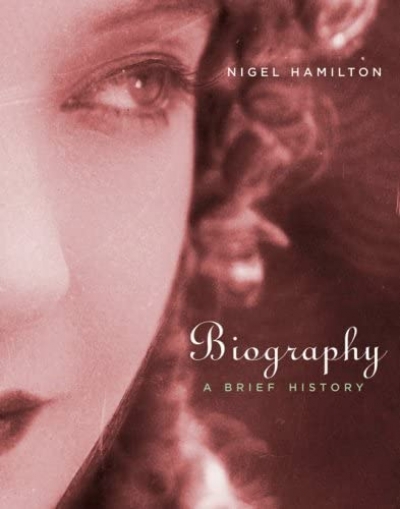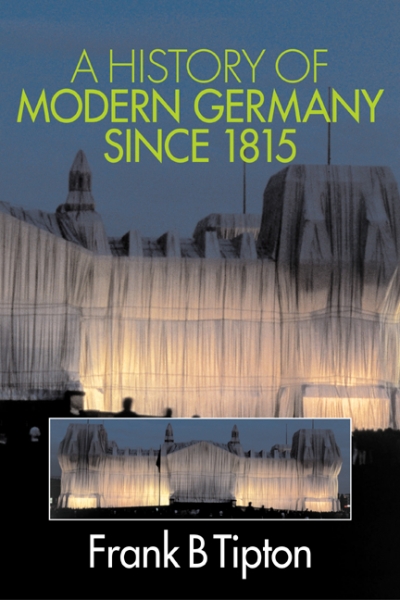History
Constructing Economic Science: The invention of a discipline 1850–1950 by Keith Tribe
by Ryan Walter •
Matthew Flinders: The man behind the map by Gillian Dooley
by Matthew Cunneen •
Jeremy Bentham and Australia edited by Tim Causer, Margot Finn, and Philip Schofield & Panopticon versus New South Wales and Other Writings on Australia edited by Tim Causer and Philip Schofield
by Gordon Pentland •
The Australians at Geneva: Internationalist diplomacy in the interwar years by James Cotton
by Michelle Staff •
European Vision and the South Pacific, Third Edition by Bernard Smith
by Lynette Russell •
Audrey Tennyson's Vice-Regal Days edited by Alexandra Hasluck
by Clement Semmler •

